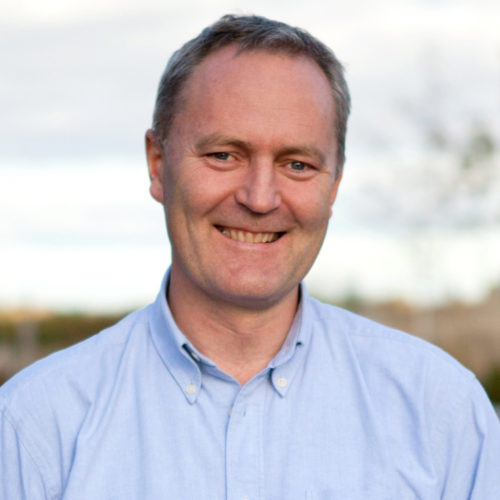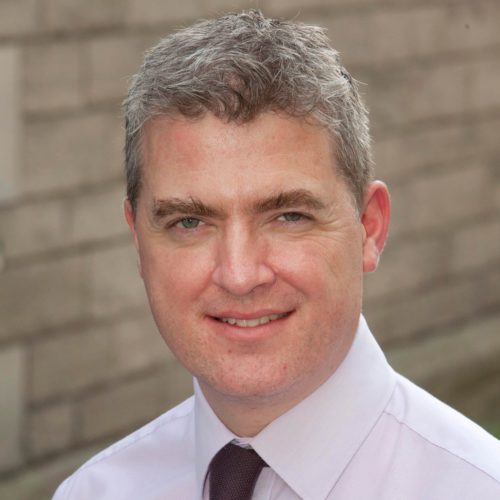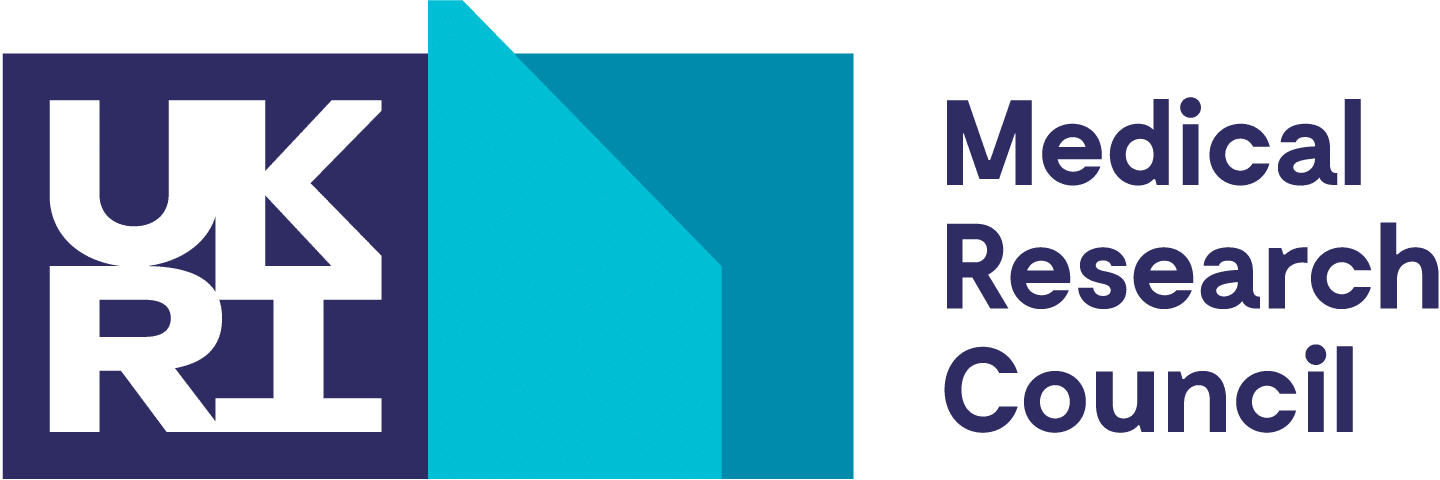Key focus
The environment or “niche” within the body that surrounds stem cells has a profound effect upon their behaviour including their ability to repair damaged organs.
By understanding how the niche influences stem cell behaviour in tissues we aim to use this knowledge to develop future therapies for serious untreatable diseases.
Translational Challenge
- To develop cell therapies for damaged organs;
- To promote endogenous repair of damaged organs.
Location
Aims and Objectives
- Targeting endogenous repair
- Using stem cells in vitro, we will create high content 2D and 3D phenotypic screens for liver, cartilage and lung repair. We will study the behaviour of stem cells in their niche aiming towards optimising endogenous repair. We will use FDA approved compound libraries to identify potential drugs and biological agents that support progenitor expansion and appropriate lineage commitment, potentially enabling human intervention trials in partnership with industry.
- Developing Cell Therapies for Damaged Organs
- To fully realise the potential of cell therapies, a better understanding of the underpinning biology of progenitor cells and their environment in regeneration is required. To achieve this, stem cell scientists and tissue engineers are partnered with clinician scientists familiar with leading clinical trials and the pathways to translation. Three clinical themes: liver, joint and lung repair have been selected for having the potential to provide tractable clinical targets within the 5 year timeframe. Each theme’s team contains complementary expertise, common underpinning biology and enabling technologies to maximise output.
Expected Outcomes
We have 3 overarching expected outcomes:
- Understanding and improving the physical properties of aged and injured tissue niches;
- Developing artificial niches to act as regenerative signals for tissue formation and repair;
- The discovery and development of novel targets to promote endogenous tissue repair.









